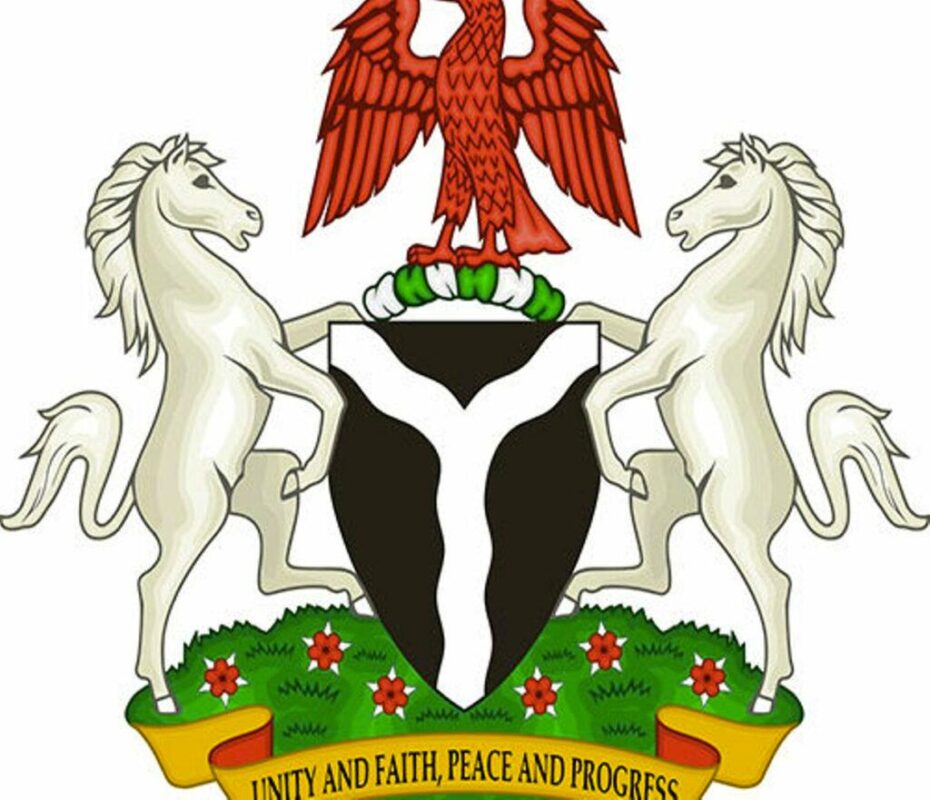The Governor of the Central Bank of Nigeria (CBN), Mr. Yemi Cardoso, delivered optimistic news on Tuesday, projecting a notable decrease in the country’s inflationary pressure from 28.92% to 21.4% in 2024. Addressing the House of Representatives in Abuja, Cardoso attributed this anticipated decline to the implementation of inflation-targeting policies by the federal government.
Cardoso emphasized that the collaborative efforts between the CBN and fiscal authorities, as part of the inflation-targeting framework, aim to achieve price stability, potentially resulting in a lowered policy rate. He highlighted key contributing factors to the expected reduction, including improvements in agricultural productivity and the easing of global supply chain pressures.
“Inflationary pressures are expected to decline in 2024 due to the CBN’s inflation-targeting policy, aiming to rein in inflation to 21.4%. This will be aided by improved agricultural productivity and easing global supply chain pressures,” stated Cardoso.
The Governor acknowledged challenges in the foreign exchange market, noting increased demand pressures leading to a continuous decline in the value of the naira. Factors contributing to this situation, according to Cardoso, include speculative forex demand, inadequate forex supply due to non-remittance of crude oil earnings to the CBN, increased capital outflows, and excess liquidity from fiscal activities.
To address the volatility in the exchange rate, Cardoso outlined a comprehensive strategy. This strategy involves unifying FX market segments, clearing outstanding FX obligations, introducing new operational mechanisms for Bureaux De Change (BDCs), enforcing the Net Open Position (NOP) limit, and adjusting the remunerable Standing Deposit Facility cap.
Cardoso acknowledged the short-term volatilities associated with the shift to a market-driven exchange rate but emphasized that these measures are essential for creating a stable macroeconomic environment and discouraging currency hoarding.
“These costs are temporary, and our decisions will address a lot of fundamental issues bothering Nigeria’s macroeconomic landscape. These measures, aimed at ensuring a more market-oriented mechanism for exchange rate determination, will boost foreign exchange inflows, stabilize the exchange rate, and minimize its pass-through to domestic inflation,” affirmed Cardoso.
The Governor concluded by assuring the public that the economic impact of these measures is expected to be positive in the long run, stimulating investment and job opportunities.




